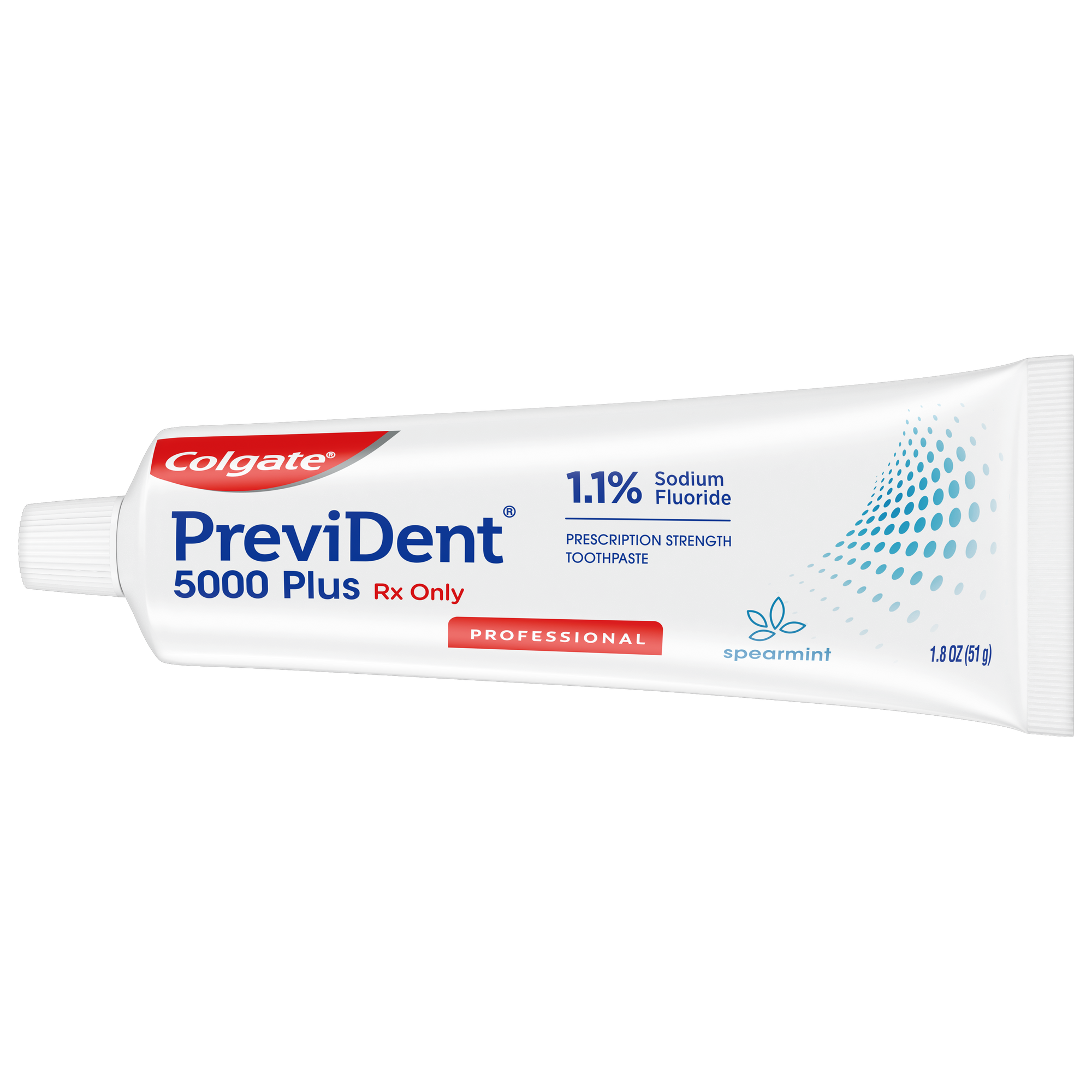What Cause Sticky Saliva?
What does it mean when your saliva is thick and sticky? If your saliva is feeling sticky, viscous, or thick, it might be due to one of these four conditions.
Stuffy Nose
- A stuffy nose due to allergies or a cold can cause thick saliva. After going to bed with a stuffy nose, you may wake up the next day with a dry, sticky mouth that feels covered in mucus. Nasal congestion often forces you to breathe with your mouth open, which can dry your mouth and make your saliva thicker and stickier than usual.
Cancer Therapy
- People undergoing radiation therapy to the head or neck may develop dry mouth and thicker saliva. As the American Cancer Society (ACS) notes, this type of treatment can irritate the saliva glands, causing them to produce less saliva or produce thicker, stickier saliva.
Dehydration
- Sticky, thick saliva can also be a sign of dehydration. When you're dehydrated, your body isn't taking in enough fluids to replace those lost. A person can become dehydrated for a few reasons. If you're sick to the point of vomiting, cannot keep food or fluids down, or are experiencing severe diarrhea, you can become dehydrated. Additional causes of dehydration include excessive sweating, which can occur if you exercise on a hot day and don't drink enough fluids, as well as excessive urination, which can happen if you're taking certain medications.
Dry Mouth
- Dry mouth is due to not having enough saliva to keep the mouth wet. Sometimes, that can cause a dry or sticky feeling in the mouth, causing the saliva to become thick or stringy. Dry mouth can come from many different conditions, including medications, diseases, and tobacco and alcohol use.
Is Sticky or Thick Saliva a Problem?
Having sticky saliva can be uncomfortable. Your mouth may feel full of mucus, or you may find it difficult to swallow. Along with discomfort, thicker saliva can contribute to other problems in your mouth. When saliva is thin and free-flowing, it's able to do its job of washing bacteria from your teeth, which reduces your risk of gum disease or other infections. But a dry mouth full of thick saliva can put you at a higher risk of tooth decay and other oral diseases—so it's crucial to talk to your doctor about what remedies can address your symptoms.
Home Remedies for Sticky Saliva
If you're dealing with sticky or thick saliva, what remedies are there? First, it's a good idea to speak to your doctor or dental professional to determine the cause, especially if it's an ongoing problem and you're unsure why it's occurring.
In combination with speaking to a medical professional, there are a few things you can try at home to thin your saliva.
- Taking small bites, chewing your food well, and sipping liquids with meals to moisten the foods and assist with swallowing.
- Frequently drinking cold water.
- Suck on ice chips and hard candies, and chew sugarless gum.
- Use a cool-mist humidifier to moisten room air.
- Avoid alcohol, tobacco, hot, spicy, or acidic foods, chewy candies, tough meats, pretzels and chips, and hard raw fruits or vegetables.
- Avoid store-bought mouthwashes containing alcohol.
- Macmillan Cancer Support recommends leaning over a steaming bowl of hot water with a towel over your head to loosen thick saliva.
- The University of Wisconsin Hospitals and Clinics Authority also recommends trying very sour or very sweet foods and beverages such as lemonade or cranberry juice to thin out thick saliva.
If your thick saliva persists despite these at-home remedies, your doctor or dental professional can recommend the next steps to help you feel more comfortable. If your saliva is feeling thicker than normal—don’t worry! There are treatments readily available so that you can get back to having a healthy, moisturized mouth and a confident smile.
This article is intended to promote understanding of and knowledge about general oral health topics. It is not intended to be a substitute for professional advice, diagnosis or treatment. Always seek the advice of your dentist or other qualified healthcare provider with any questions you may have regarding a medical condition or treatment.
ORAL HEALTH QUIZ
What's behind your smile?
Take our Oral Health assessment to get the most from your oral care routine
ORAL HEALTH QUIZ
What's behind your smile?
Take our Oral Health assessment to get the most from your oral care routine







.jpeg)







